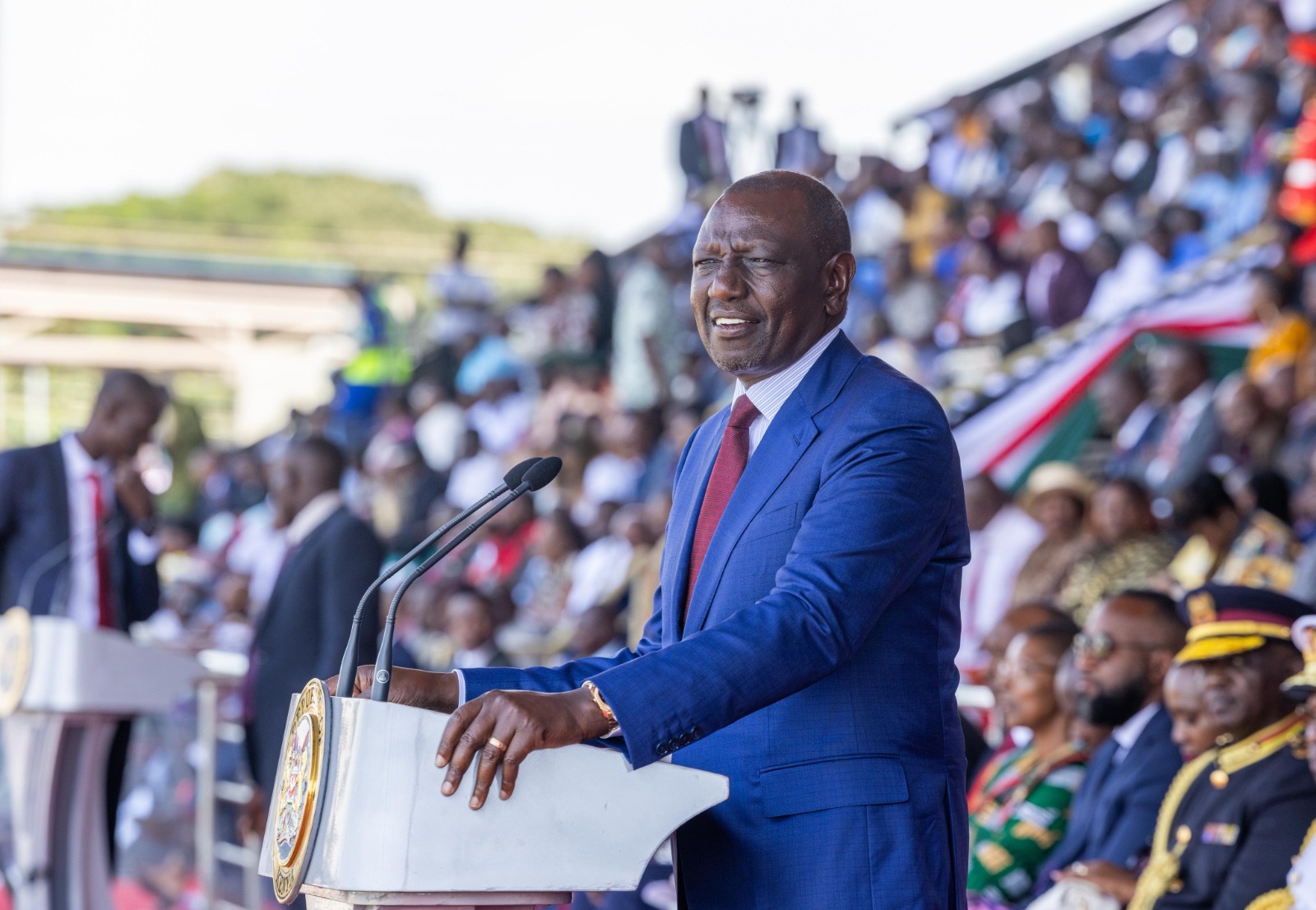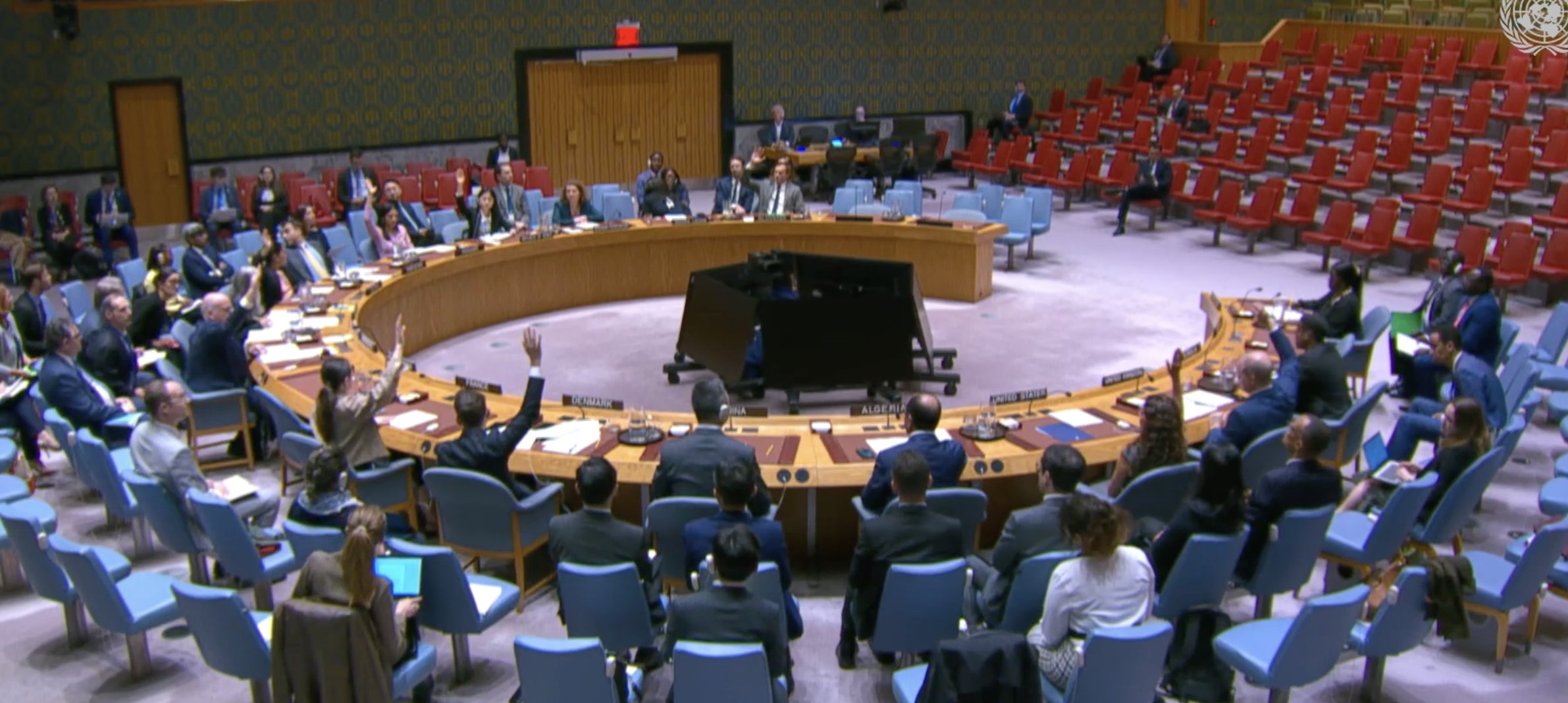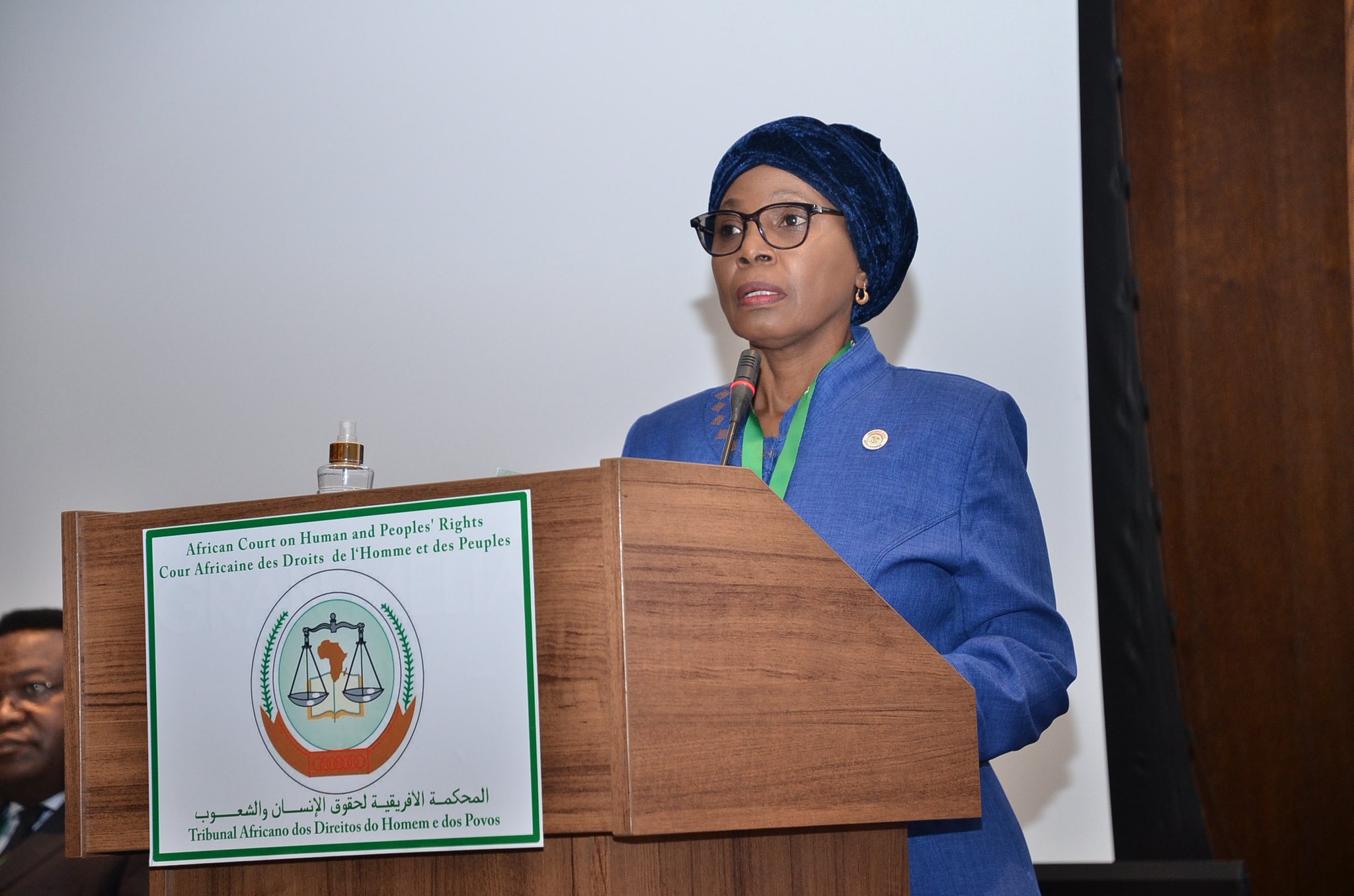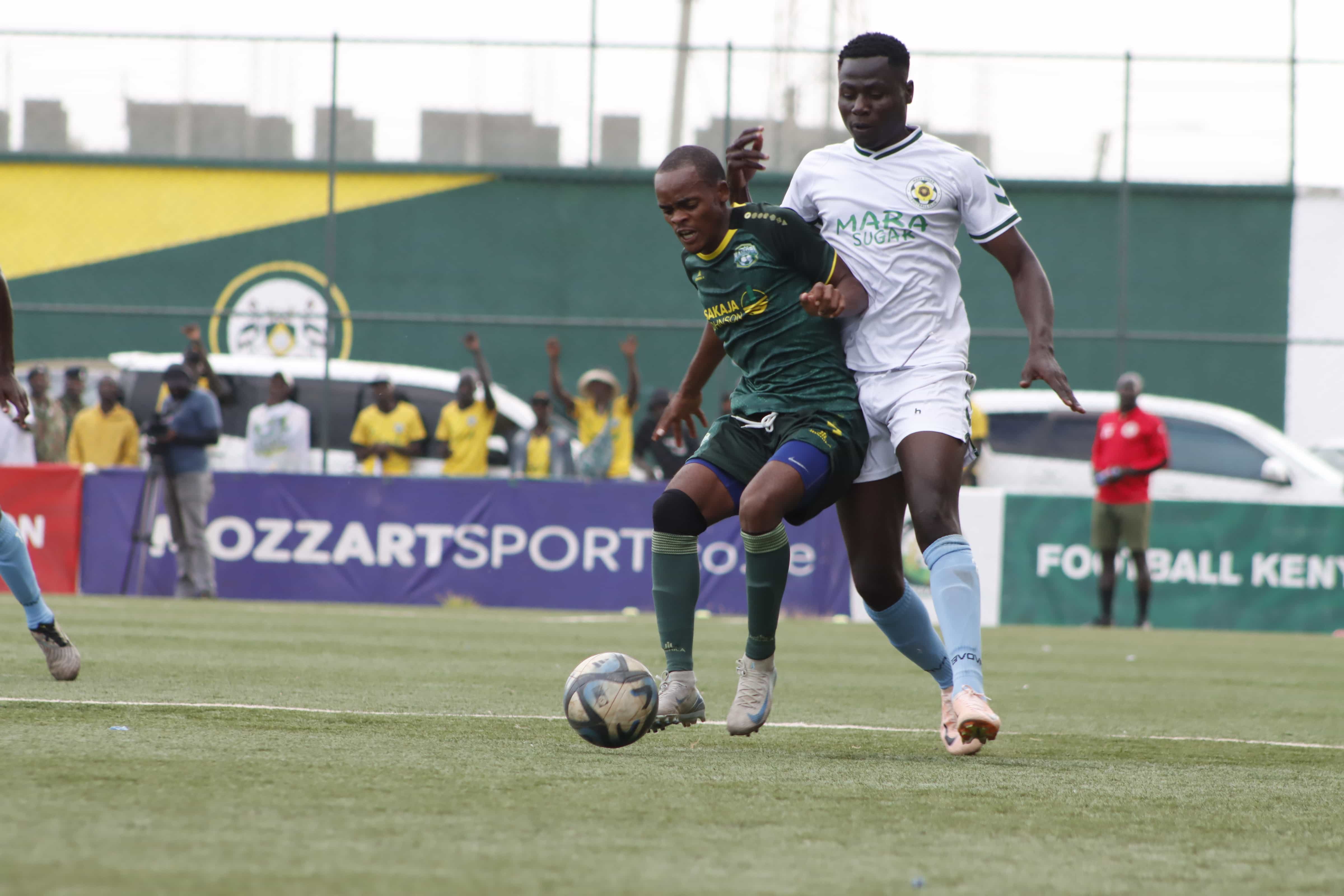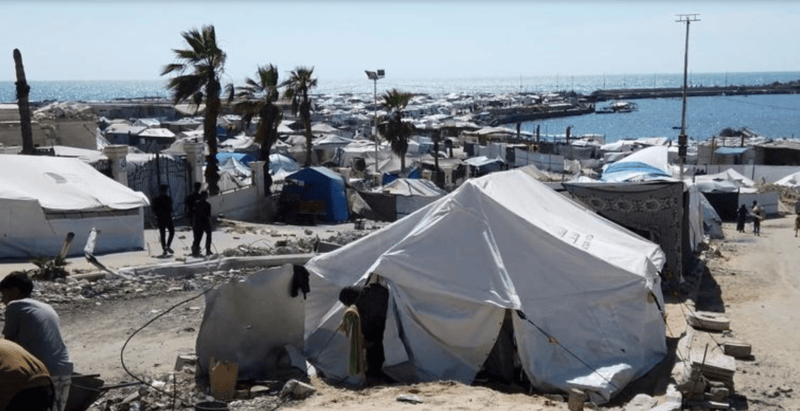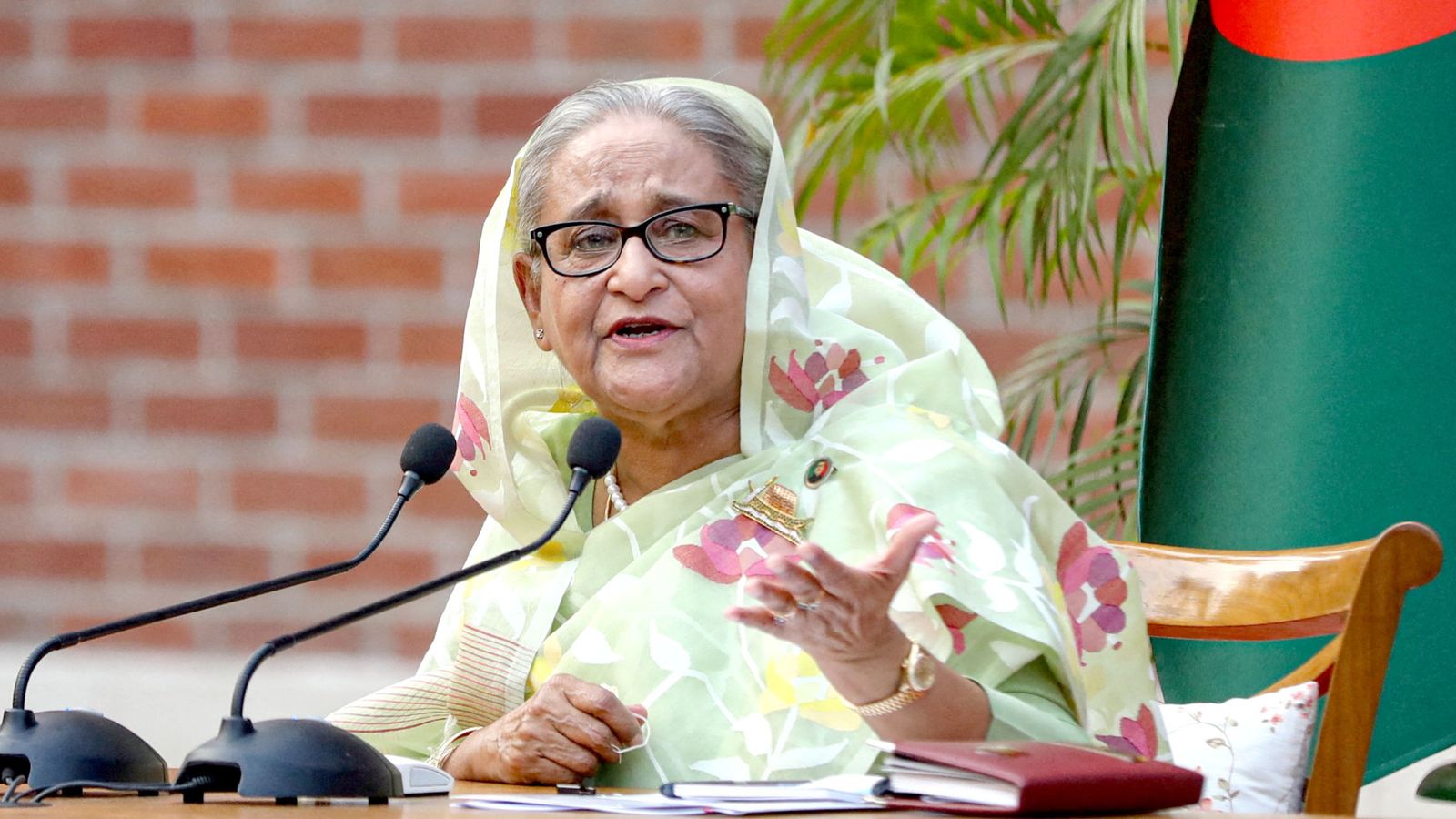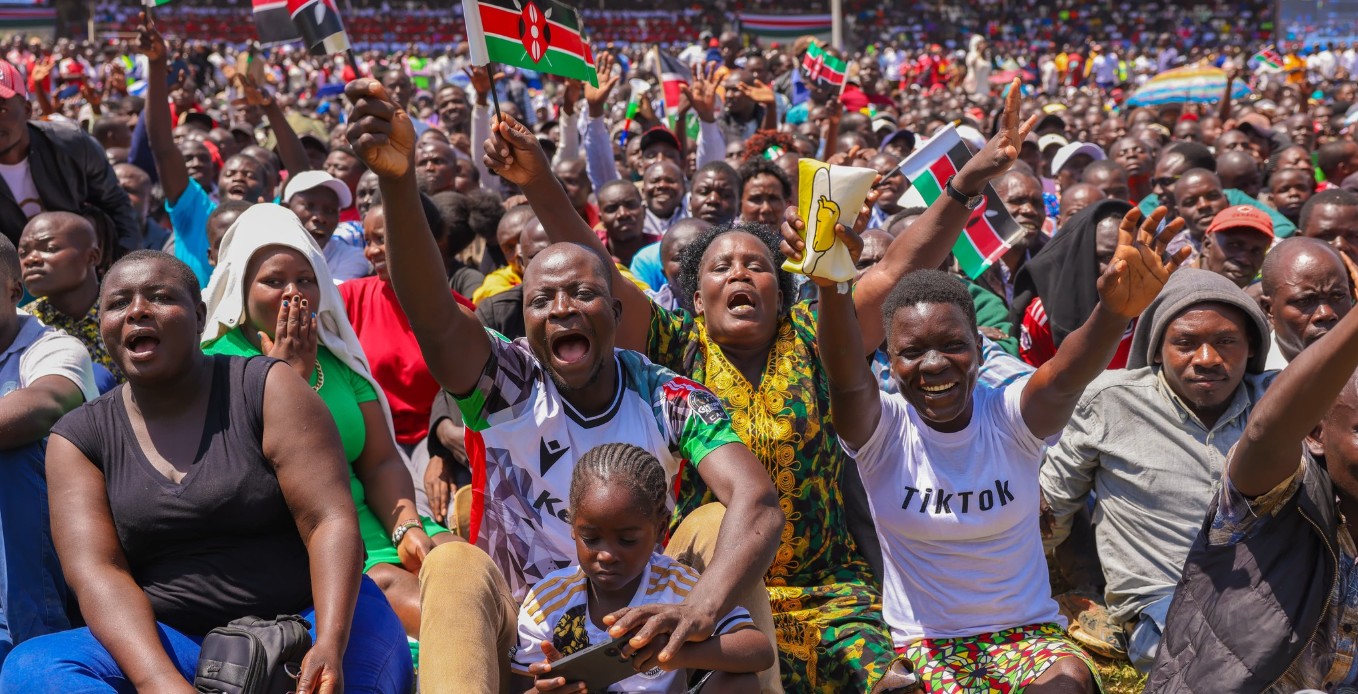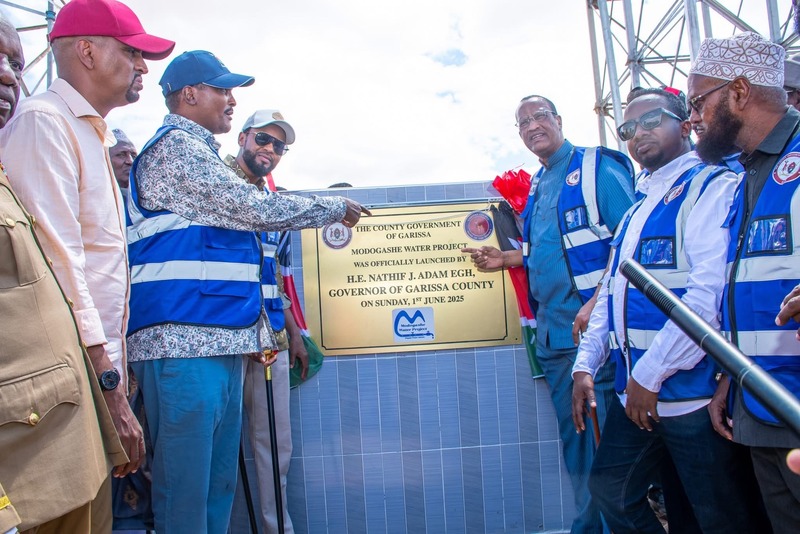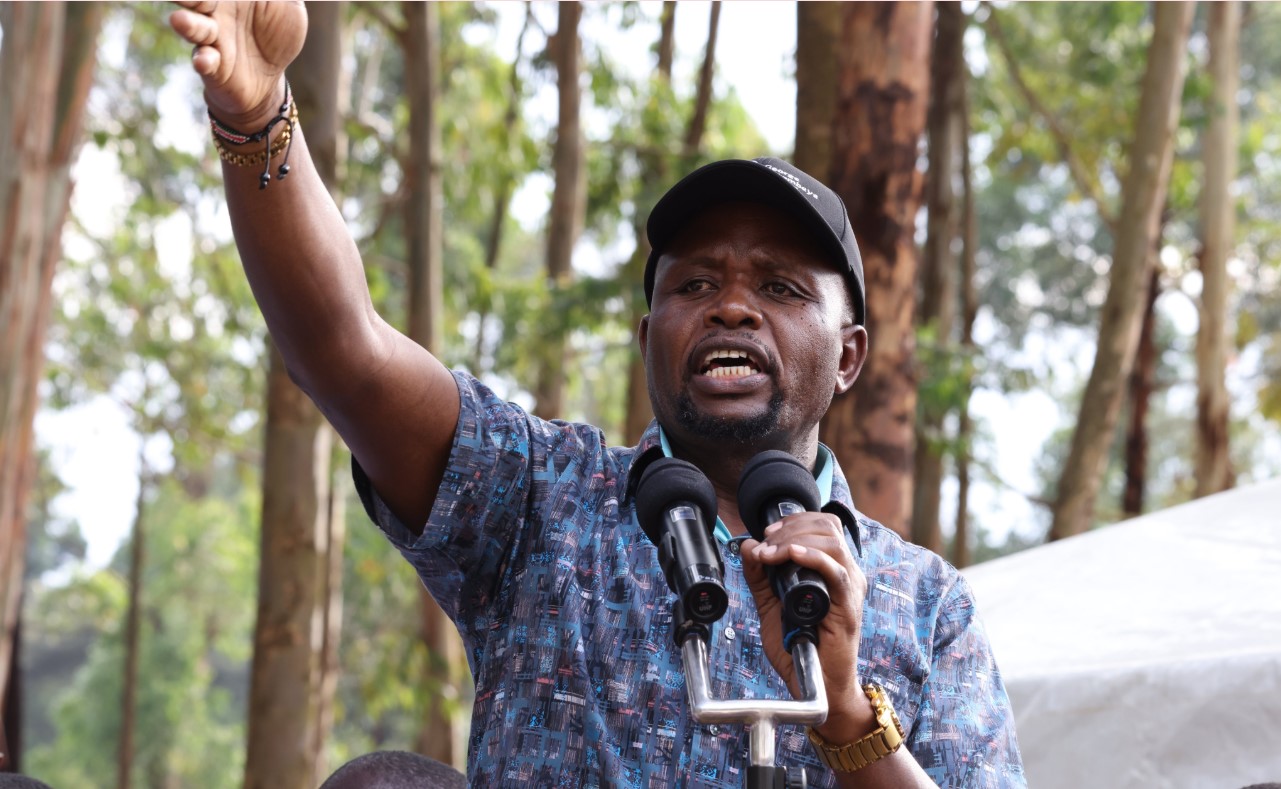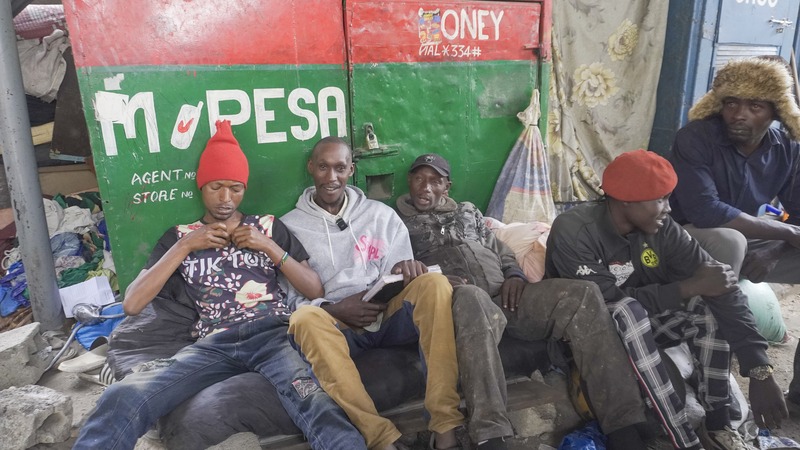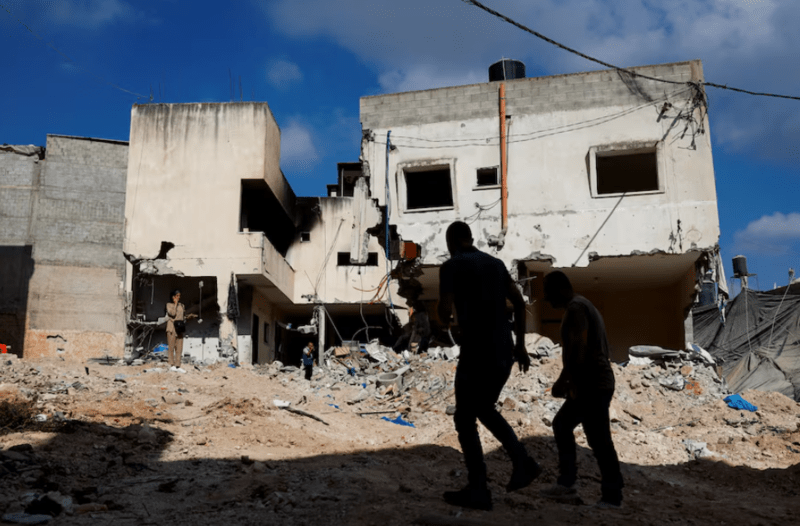AU observers laud South Africa for holding free and fair elections
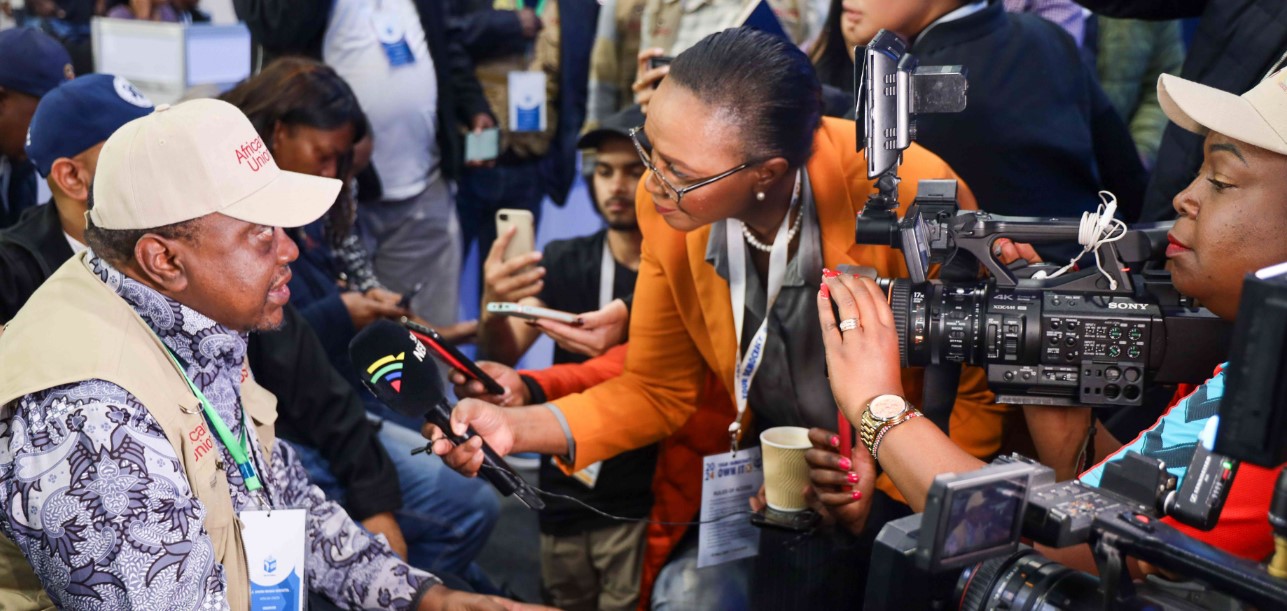
The observation mission led by former Kenyan President Uhuru Kenyatta found that the overall procedure was open and inclusive.
Election observers from the African Union Election Observation Mission (AUEOM) have congratulated South Africa for holding free and fair elections.
Despite some difficulties, such as lengthy lines and logistical problems, the observation mission led by former Kenyan President Uhuru Kenyatta found that the overall procedure was open and inclusive.
More To Read
- Airbnb scams: new book explores thriving criminal activity on big tech platforms
- South African mother, two accomplices sentenced to life for trafficking six-year-old daughter
- Thabo Mbeki urges African unity ahead of G20 Summit in South Africa
- South Africa's Ramaphosa aims to mend US ties with Musk business push
- Exclusive: HIV patient testing falls in South Africa after US aid cuts, data shows
- Is Kenya’s president safe in a crowd? Security expert scans VIP protection checklist
They also commended the efforts of the Independent Electoral Commission (IEC) in ensuring accountability and promoting voter participation.
"The Mission observed the IEC's demonstration of a strong commitment to accountability and adherence to constitutional principles. This was further confirmed by most of the stakeholders engaged by the AUEOM, who also expressed confidence in the IEC. Many commend the Commission for its open-door policy, which facilitated prompt case resolution," read a preliminary report issued on Friday.
Overall, the mission concluded that the elections reflected the country's commitment to democracy and political stability.
The Mission deployed 21 teams of 65 observers across nine provinces to observe the special voting on May 28 and polling on May 29, 2024, focusing on various aspects of the electoral process.
AUEOM observers said that the electoral commission had set up 32 mobile voting stations, with 10 in the Eastern Cape, nine in KwaZulu-Natal, and 13 in Mpumalanga.
Mobile teams adhered to their timetables and commended the IEC for establishing these stations, which catered to voters living in sparsely populated and hard-to-reach areas.
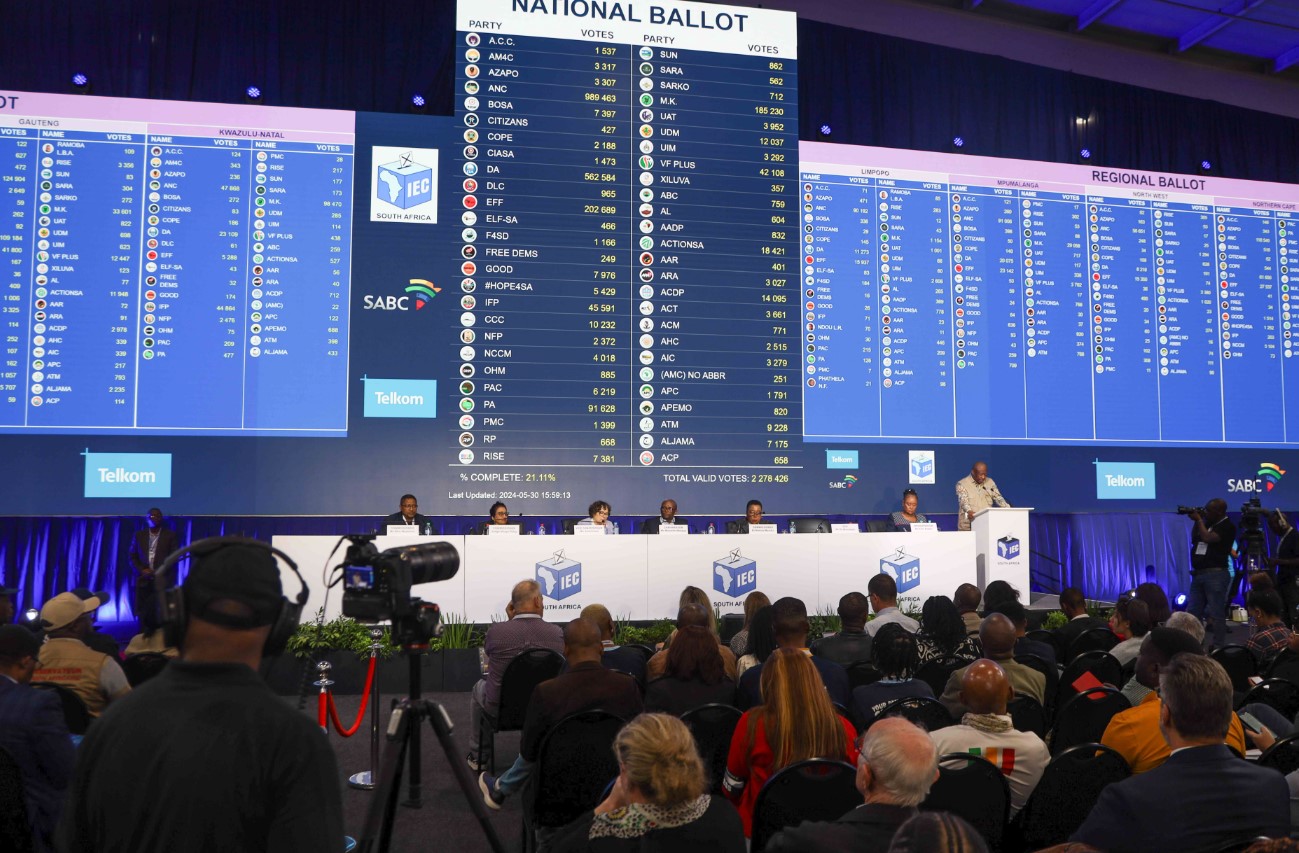 African Union Election Observation Mission (AUEOM), assesses the progress of results from the recently concluded IEC General Elections at the Results Operation Centre at Gallagher Convention Centre in Johannesburg, South Africa, on Friday, May 31, 2024. (Photo: Office of the 4th President of Kenya)
African Union Election Observation Mission (AUEOM), assesses the progress of results from the recently concluded IEC General Elections at the Results Operation Centre at Gallagher Convention Centre in Johannesburg, South Africa, on Friday, May 31, 2024. (Photo: Office of the 4th President of Kenya)African Union Election Observation Mission (AUEOM), assess the progress of results from the recently concluded IEC General Elections at the Results Operation Centre at Gallagher Convention Centre in Johannesburg, South Africa on Friday, May 31, 2024. (Photo: Office of the 4th President of Kenya)
According to the Kenyatta-led team, this reflects the Commission's commitment to ensuring that voters in remote and less accessible areas can participate in the electoral process.
A final report with comprehensive findings and recommendations by AUEOM will be issued two months after the elections.
"I want to thank the people of South Africa for their patience and for bearing, despite the huge delays and my hope and prayer is that this democracy of South Africa that has been the pride of Africa for these years will continue to show us its strength and maturity. As we move forward, we continue to ask for patience as we wait for the results to come," President (Rtd) Kenyatta stated during a briefing at the Results Operation Centre at the Gallagher Convention Centre in Johannesburg, South Africa, on Friday.
South Africa, a parliamentary democracy, went to the polls on Wednesday, May 29, with political parties gearing up for coalition talks on Friday as the governing African National Congress (ANC) looked set to fall well short of a majority in this week's election, for the first time in 30 years of democracy.
With results from 57.3 per cent of polling stations, the party of the late Nelson Mandela (ANC) had 41.9 per cent of the votes, a precipitous drop from the 57.5 per cent it secured in the last national election in 2019.
While the ANC looked likely to remain the country's largest political force, voters appear to have punished the former liberation movement for years of decline.
The ANC had won every previous national election since the historic 1994 vote that ended white minority rule, but over the last decade, South Africans have watched the economy stagnate, unemployment and poverty climb and infrastructure crumble, leading to regular power outages.
Projections by South Africa's Council for Scientific and Industrial Research indicate the ANC will end up with about 40.5 per cent of the vote by the time the full results are in.
Curently, the pro-business Democratic Alliance (DA) is trailing ANC in second place at 23.4 per cent, uMkhonto we Sizwe (MK), a new party led by former president Jacob Zuma, is at 11.3 per cent and the radical Economic Freedom Fighters party (EFF), led by Julius Malema, at 9.5 per cent.
The IEC has seven days to release full provisional results, but election officials may release the final tally on Sunday, June 7.
Top Stories Today



